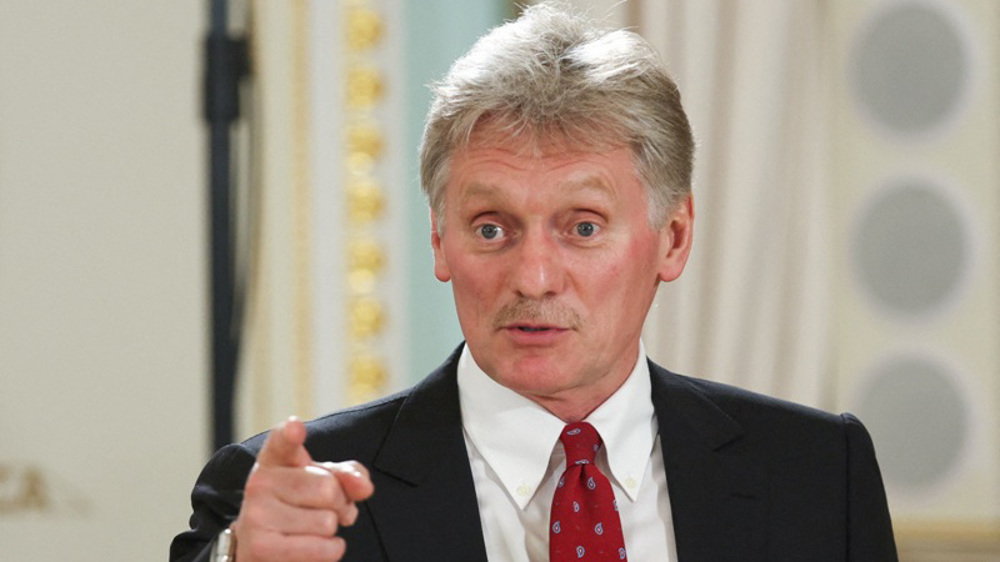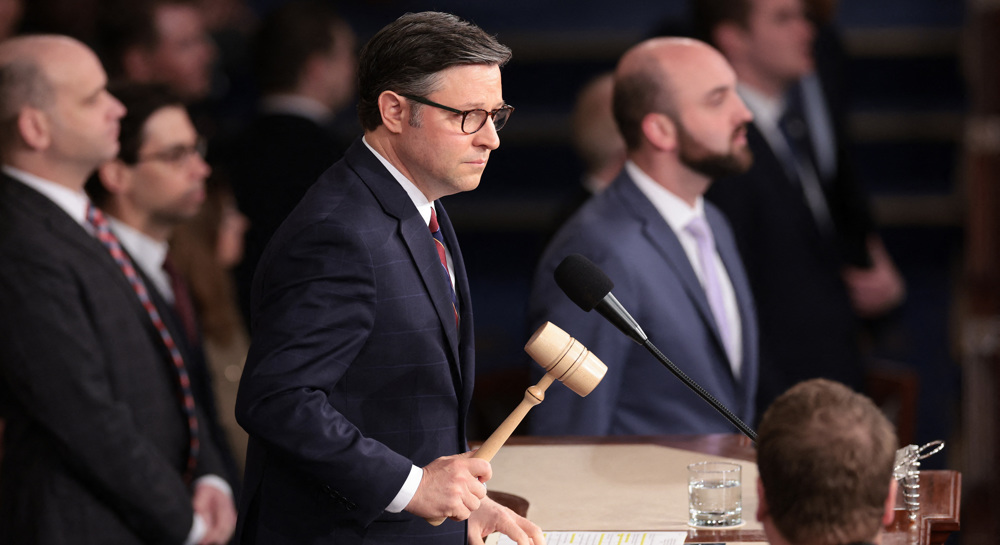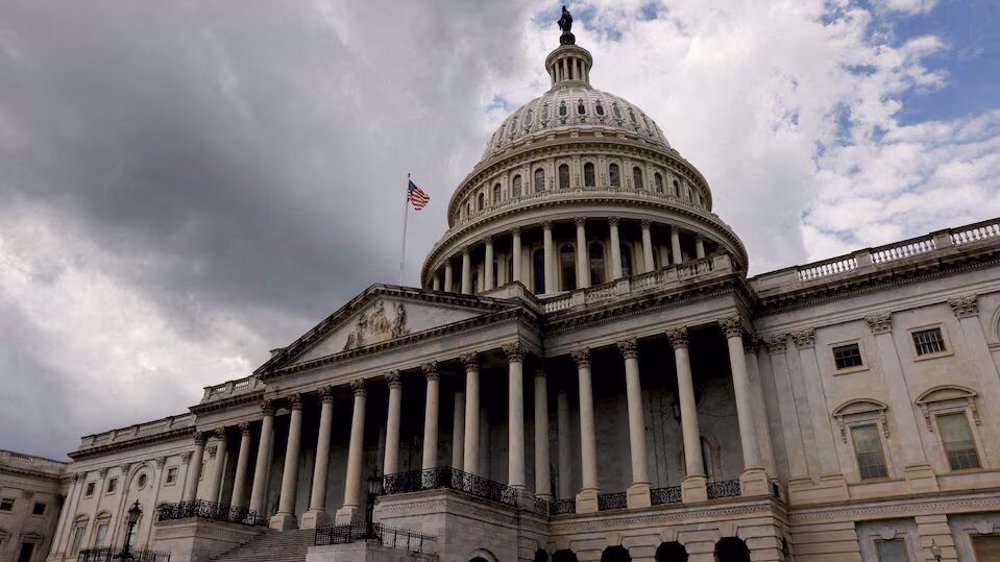Pentagon chief warns China against "aggressive" actions in South China Sea
The United States has warned China against "aggressive" actions in the South China Sea, including the installment of surface-to-air missiles on a disputed island.
"China must not pursue militarization in the South China Sea," US Defense Secretary Ashton Carter said Tuesday in a wide-ranging speech at the Commonwealth Club in San Francisco, California.
"Specific actions will have specific consequences," the US defense chief warned.
Asked what the consequences could be, Carter told reporters the US military was already increasing deployments to the Asia-Pacific region and would spend $425 million through 2020 to pay for more exercises and training with countries in the region that were affected by China's actions.
Carter said Beijing's actions had prompted trilateral agreements that would have been "unthinkable" even a few years ago.
The US Navy has carried out several freedom of navigation exercises in the South China Sea in recent months, sailing near disputed islands to emphasize its rights to navigate the seas.
US Navy officials say they plan to carry out more and increasingly complex military exercises in the future.
China and the US are at loggerheads over a number of issues, particularly the South China Sea dispute.
Beijing claims sovereignty over almost the whole of the South China Sea, which is also claimed in part by Taiwan, Brunei, Vietnam, Malaysia and the Philippines. The waters are believed to sit atop vast reserves of oil and gas.
Washington has sided with China’s rivals in the territorial dispute, with Beijing accusing the US of meddling in the regional issues and deliberately stirring up tensions in the South China Sea.
Carter said the Pentagon also planned to spend over $8 billion next year alone to expand its fleet of powerful submarines and undersea drones.
The Pentagon chief also condemned both Russia and China for their actions to limit Internet access, as well as state-sponsored cyber threats, cyber espionage and cyber crime.
He said the Defense Department would spend about $35 billion over the next five years to beef up cyber security and develop offensive cyber options to defeat the Daesh (ISIL) terrorist group and other adversaries.
Carter also cited US concerns about Russian and Chinese attempts to develop anti-satellite weapons that could destroy US satellites that are critical to its national security.
The struggles of Occupied Palestine
Ayatollah Khamenei exalts great Persian poet on Saadi Day
Iran’s Civil Defense examines country’s preparation for potential threats
FBI chief: Chinese hackers targeting critical US infrastructure
New York Times leaked memo on Gaza coverage reveals obfuscation of facts
VIDEO | Press TV's news headlines
Barbados officially announces recognition of Palestine as state
US Senate reauthorizes surveillance bill despite privacy concerns










 This makes it easy to access the Press TV website
This makes it easy to access the Press TV website